Who needs Twitter?
Marginalised groups in particular find a lot to love about Twitter's raw nature
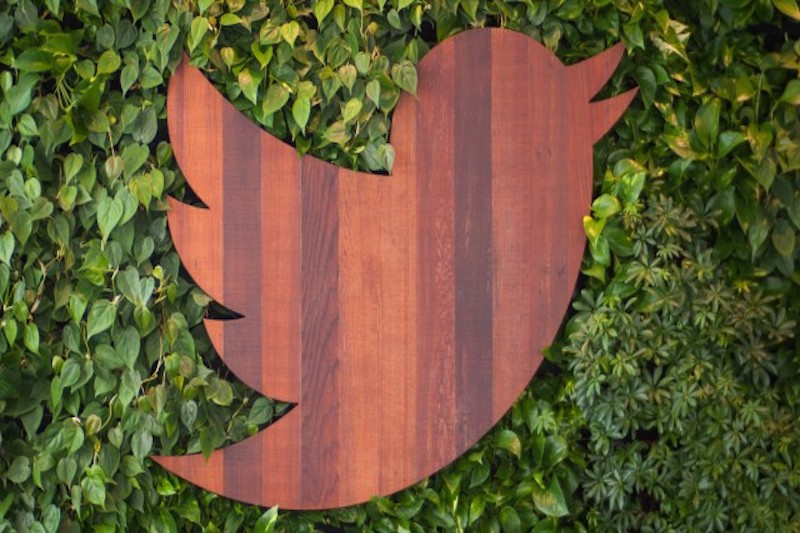
Brown, who is autistic, was the originator of #TheAbleistScript, a hashtag late last year through which people shared their experiences of the well-meaning but ultimately patronising things people sometimes say to disabled people, such as how "inspirational" it is that they accomplish things.
"I don't have a way of measuring the impact the hashtag had on people who are not disabled, but I did see a lot of posts based on the hashtag saying 'listen to what these people are saying'," Brown said. "I'd gather the vast majority of people who wrote those messages do not identify as people with disabilities."
Brown was struck by the geographical diversity among the disabled participants in the #TheAbleistScript conversation: "A lot of disability activist stuff seems to stay where it's at, whether that's in the Oceania area, the US or Europe It's interesting that these hashtags travel differently. They don't stay in the country."
Twitter's lack of walls can, of course, cause problems. Just as many disabled people find freedom on the platform, many find abuse that causes them to quit Twitter altogether Brown recently got death threats over the platform.
"On Twitter, you do open yourself to the world of online abuse from random strangers," Brown said. "If you belong to any marginalised group, you're more likely to be the target of online abuse Different people have different personal comfort levels and capacity to engage or not engage. I know people who have decided 'I'm going to stay because this platform is really important to me' and people who've decided 'that's not safe for me and I'm going off of it.'" Brown is staying put.
Some groups are actively looking to exploit (for non-abusive reasons) the relatively porous borders of Twitter's nebulous networks. For example, in Catalonia, the autonomous community in north-east Spain that may or may not gain full-blown independence at some point, the regional government is using Twitter as a way of shoving Catalonia onto the world stage.
"Twitter is useful because there's a lot of horizontality you can knock on the door of whoever you want," said Jordi Arrufat Agramunt, an advisor at Diplocat, Catalonia's public diplomacy council. Arrufat noted that Twitter users are less likely than those on Facebook to wall themselves off from outsiders and, with "no imposed algorithm" up until now, they're more likely to hear what Diplocat has to say.
Sign up today and you will receive a free copy of our Future Focus 2025 report - the leading guidance on AI, cybersecurity and other IT challenges as per 700+ senior executives
"With Twitter, a non-state actor like Catalonia can punch above its weight," Arrufat said. "Maybe we don't get replies from nation-state actors you know how international relations work. Nation states communicate with nation states, even on Twitter. But we know they're looking at us and there are no intermediaries and no filters."
Twitter isn't just a promotional tool for Diplocat much as it serves as an intelligence-gathering tool for journalists and marketers, it gives the organisation a way to monitor what people are talking about, and to craft its message accordingly for consumption in different countries. "Facebook is useful to generate debate, to get people clicking your links, and Twitter is more to get first-hand information in real time and see what's going on at the moment," Arrufat said.
So what happens if that real-time, unfiltered quality comes under threat?
A lot depends on how enthusiastically Twitter pushes the changes on its users. As Brown pointed out, if it's easy to opt out of having an algorithmically curated selection of tweets at the top of the feed, or at least to find the raw feed beneath, dedicated users probably won't be put off. However, "drive-by Twitterers" might find themselves missing the contexts of conversations.
And what if unlikely as it seems now Twitter simply ceased to be?
"It would be a big blow to a lot of people who use it as the default platform for participating in debates and raising issues," said Goldstuck. "But having said that, people would probably turn instantly to Facebook, which uses a different format and syntax and language, but people would adapt very fast."
Arrufat concurred that Diplocat would "adapt somehow", even though it doesn't see Facebook as suitable for its purposes. "We will see where the trends go and follow the trends," he said.
"[Twitter has] now become quite important," said Mhlungu. "The sort of things we saw last year, that's the kind of potential it has. Not everybody uses Twitter to organise a mass student movement it's a community of like-minded people, friends, people to learn from. If Twitter did die there would be some significant consequences."
It may be that no-one needs Twitter in the sense that they couldn't go on without it, but it's clear that the service's nature has certainly made it hugely useful to those with something to say, and those wanting to listen without a filter.
Keeping shareholders happy while retaining that utility will be Twitter's defining challenge.
This article originally appeared on sister title Alphr.com
-
 Veeam and HPE eye simplified data resilience with expanded alliance
Veeam and HPE eye simplified data resilience with expanded allianceNews The pair’s latest collaboration sees the introduction of next-gen data protection services to help eliminate risk across modern enterprise applications
-
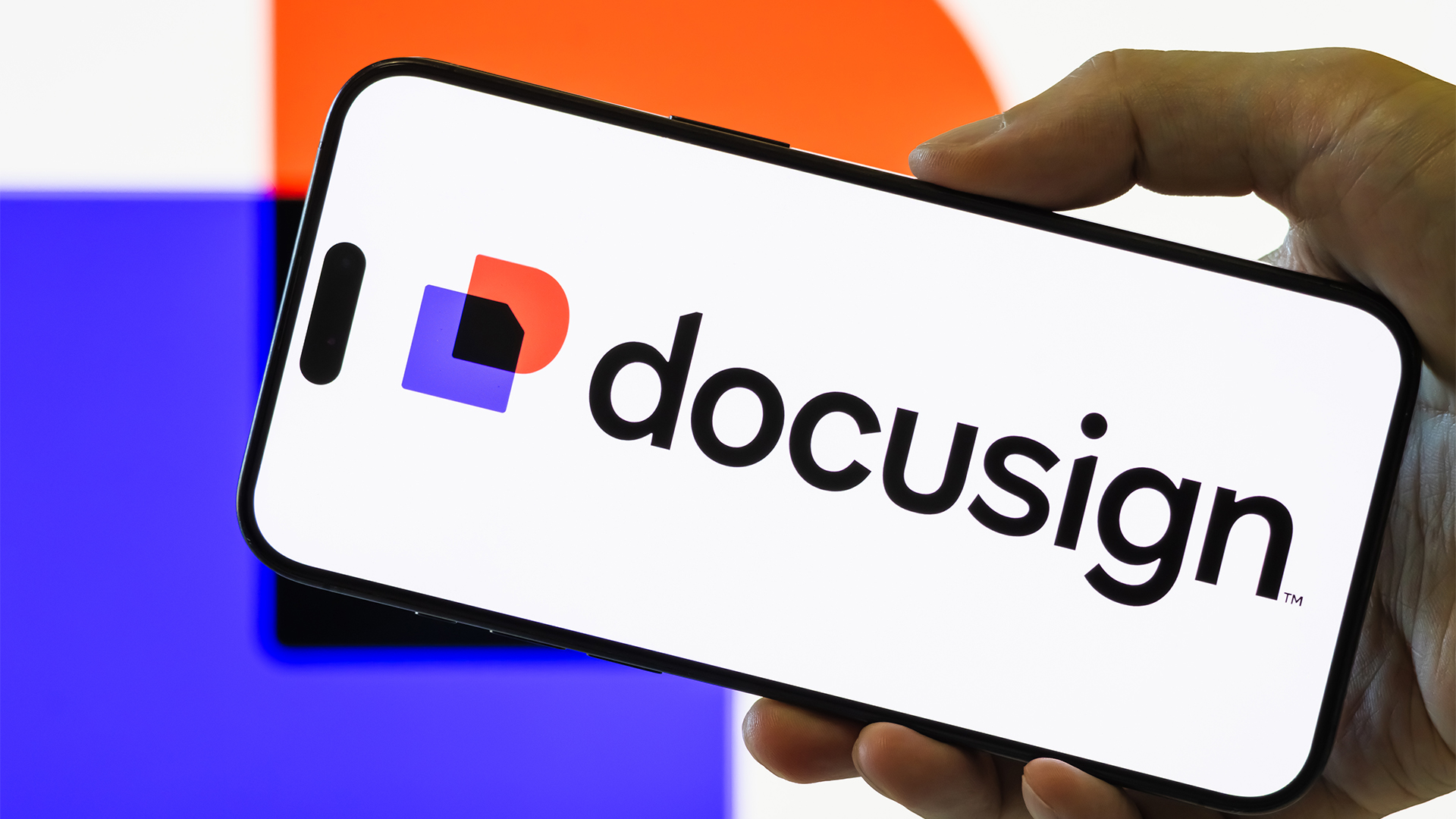 Docusign boots Irish presence with €4.5 million Dublin investment
Docusign boots Irish presence with €4.5 million Dublin investmentNews The electronic signature software company says the expansion of its R&D centre will strengthen its European AI and R&D capabilities
-
 Who owns the data used to train AI?
Who owns the data used to train AI?Analysis Elon Musk says he owns it – but Twitter’s terms and conditions suggest otherwise
-
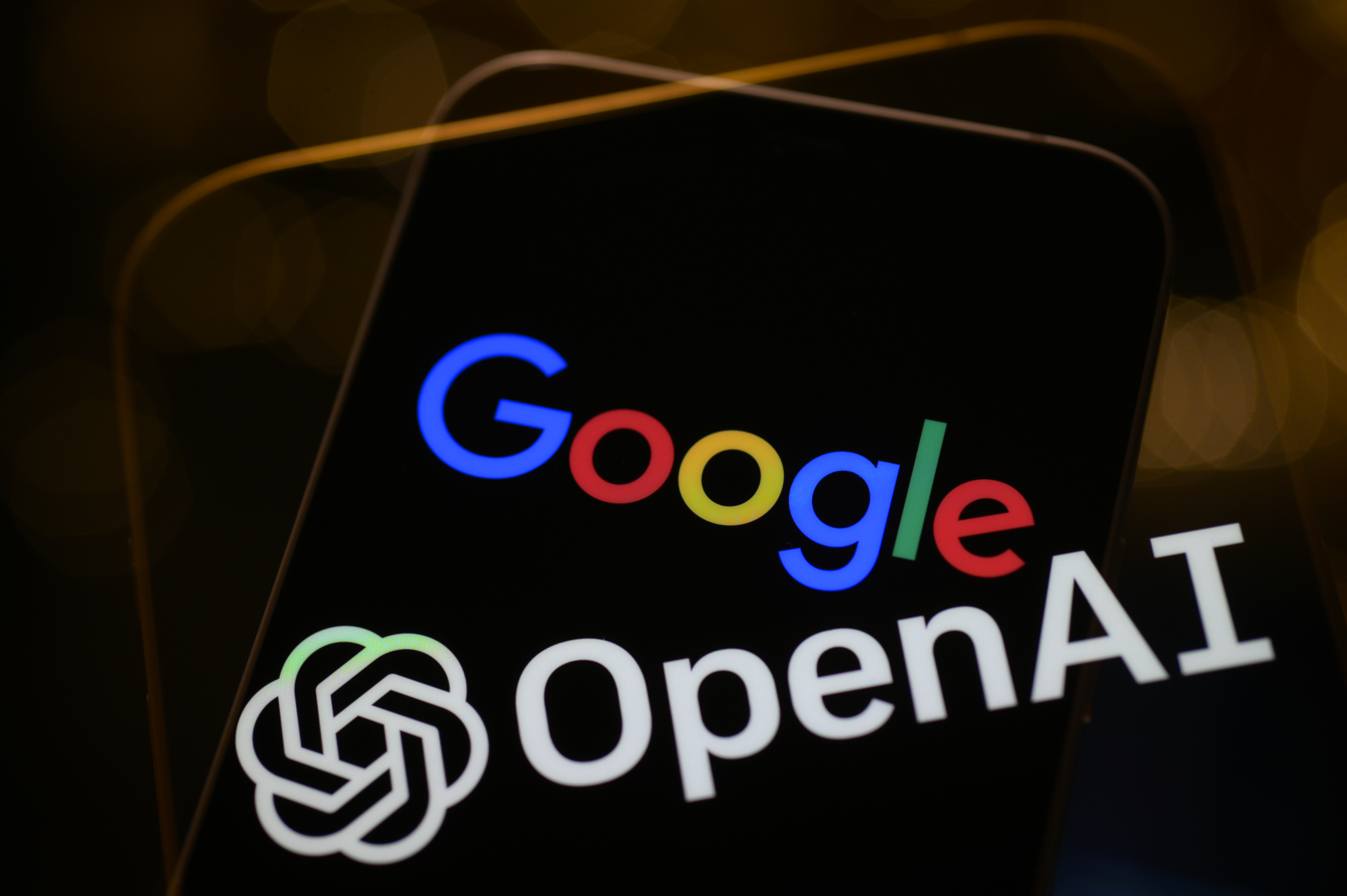 Big Tech AI alliance has ‘almost zero’ chance of achieving goals, expert says
Big Tech AI alliance has ‘almost zero’ chance of achieving goals, expert saysNews Companies like Microsoft, Google, and OpenAI all have competing objectives and approaches to openness, making true private-sector collaboration a serious challenge
-
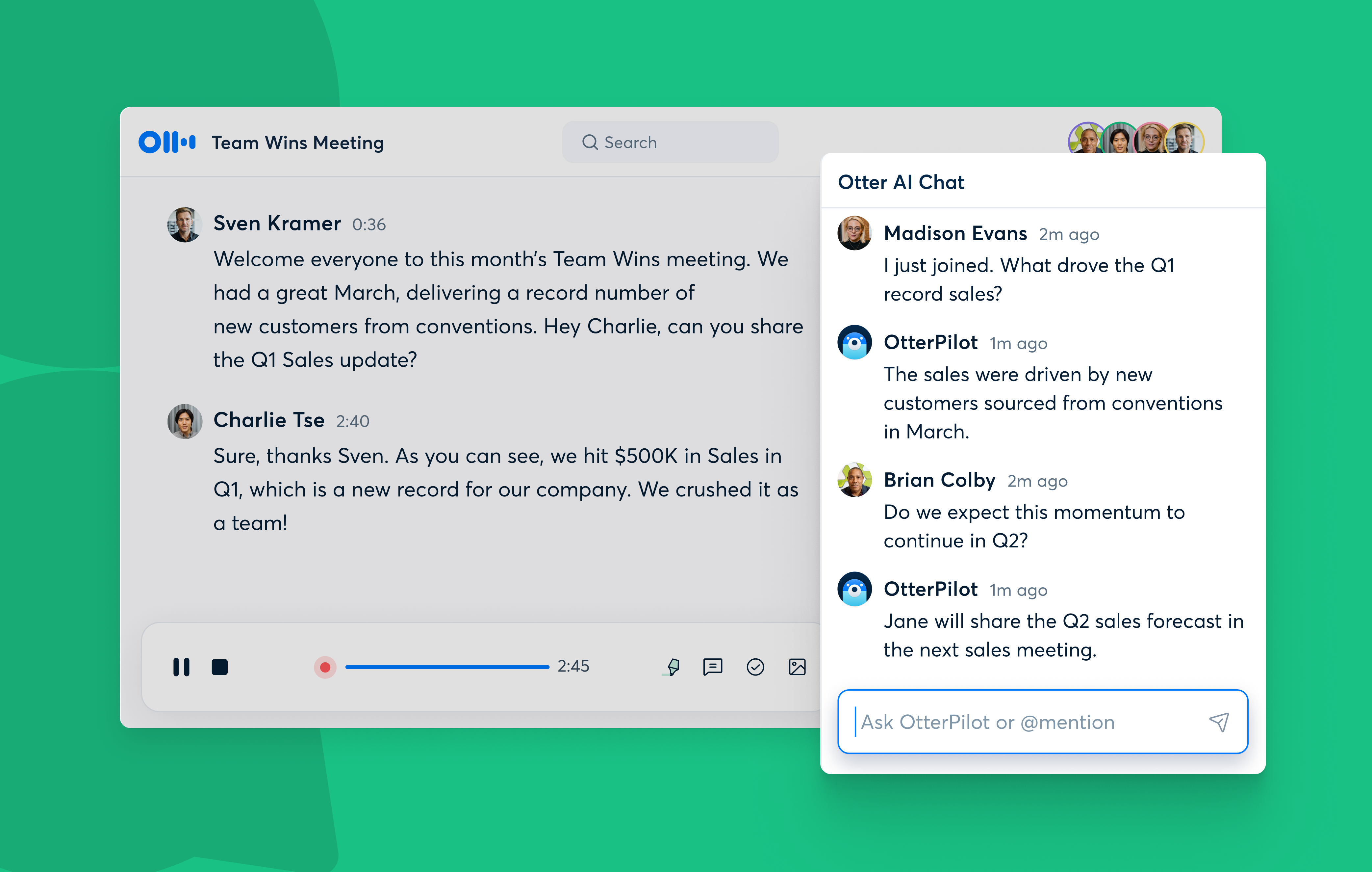 Otter.ai brings collaborative AI to meetings with Otter AI Chat
Otter.ai brings collaborative AI to meetings with Otter AI ChatNews The speech-to-text giant has set its sights on contextual AI
-
 Slack says automation can save every employee a month of work per year
Slack says automation can save every employee a month of work per yearNews Research from Slack found that workers believe generative AI tools will revolutionize productivity
-
 Generative AI has left the metaverse in the dust
Generative AI has left the metaverse in the dustOpinion Generative AI demonstrating tonnes of business use cases only serves to highlight the hopelessness of the metaverse
-
 Elon Musk confirms Twitter CEO resignation, allegations of investor influence raised
Elon Musk confirms Twitter CEO resignation, allegations of investor influence raisedNews Questions have surfaced over whether Musk hid the true reason why he was being ousted as Twitter CEO behind a poll in which the majority of users voted for his resignation
-
 Businesses to receive unique Twitter verification badge in platform overhaul
Businesses to receive unique Twitter verification badge in platform overhaulNews There will be new verification systems for businesses, governments, and individuals - each receiving differently coloured checkmarks
-
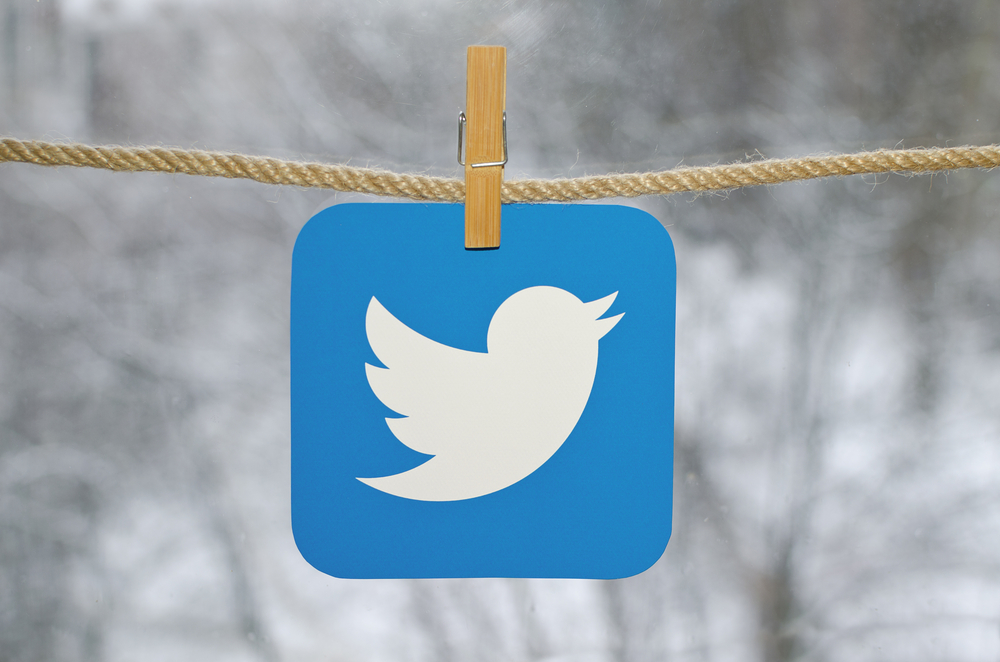 Ex-Twitter tech lead says platform's infrastructure can sustain engineering layoffs
Ex-Twitter tech lead says platform's infrastructure can sustain engineering layoffsNews Barring major changes the platform contains the automated systems to keep it afloat, but cuts could weaken failsafes further
